Home>New Delhi study trip: Exploring India’s capital
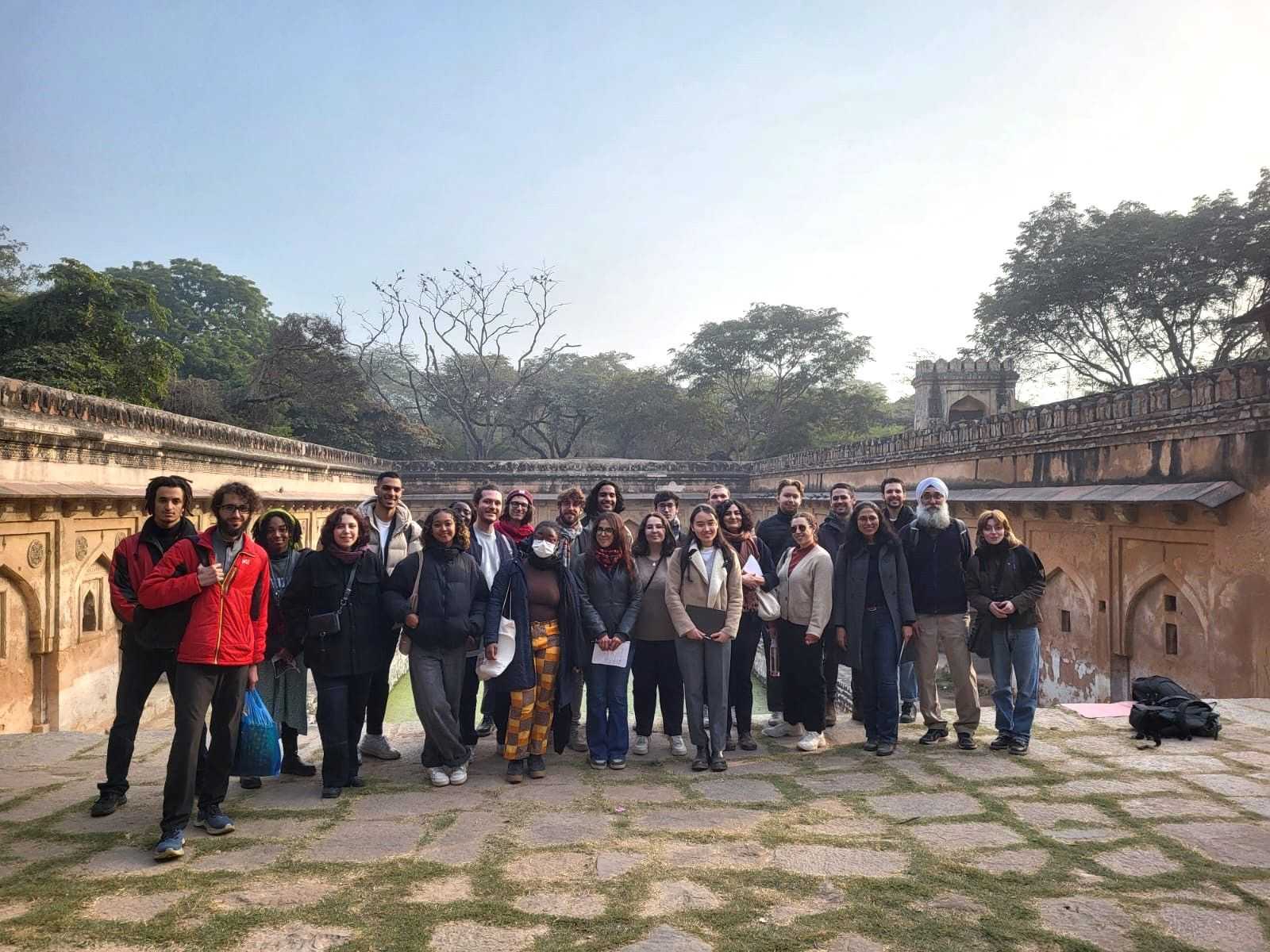
18.03.2024
New Delhi study trip: Exploring India’s capital
In our ongoing quest to understand urban governance comparatively in cities around the world, the Governing the Large Metropolis (GLM) first-year master’s students visited New Delhi in India in January 2024. Accompanied by Sukriti Issar, Academic advisor, Dean Tommaso Vitale, and Academic Manager Antoine Tisserant, 25 students from Sciences Po's Urban School explored this sprawling metropolis over an adventure-packed week.
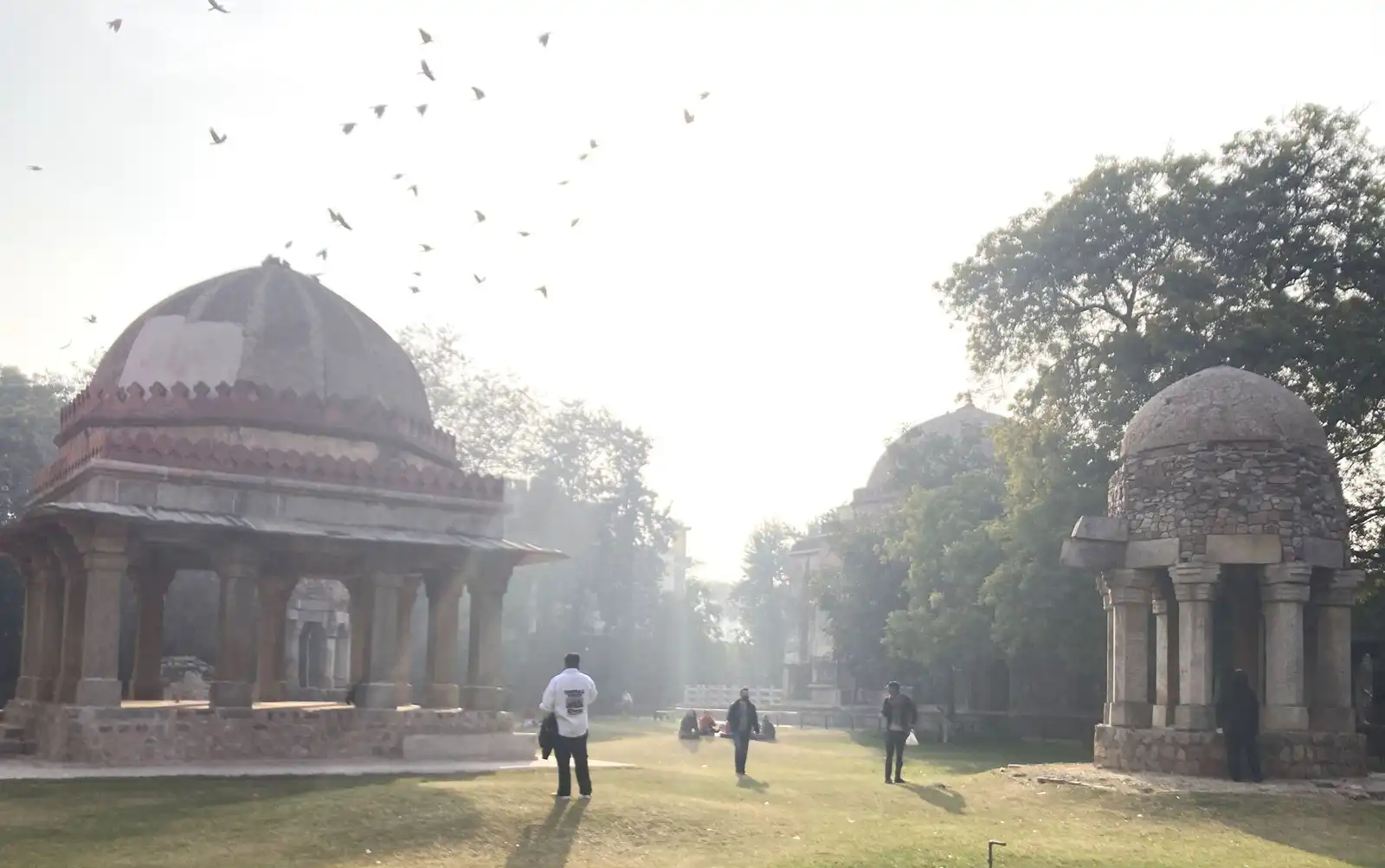
The study trip is a key pedagogical exercise of our program; we travel as a group to meet experts in a city outside Europe with daily conversations and exploration. We see urban governance concepts come to life around us in a bustling, dynamic powerhouse of a city. Community-led redevelopment? Last-mile connectivity? Rainwater harvesting? Appropriation of public space? Organic spaces? Digitization? We got into it all.
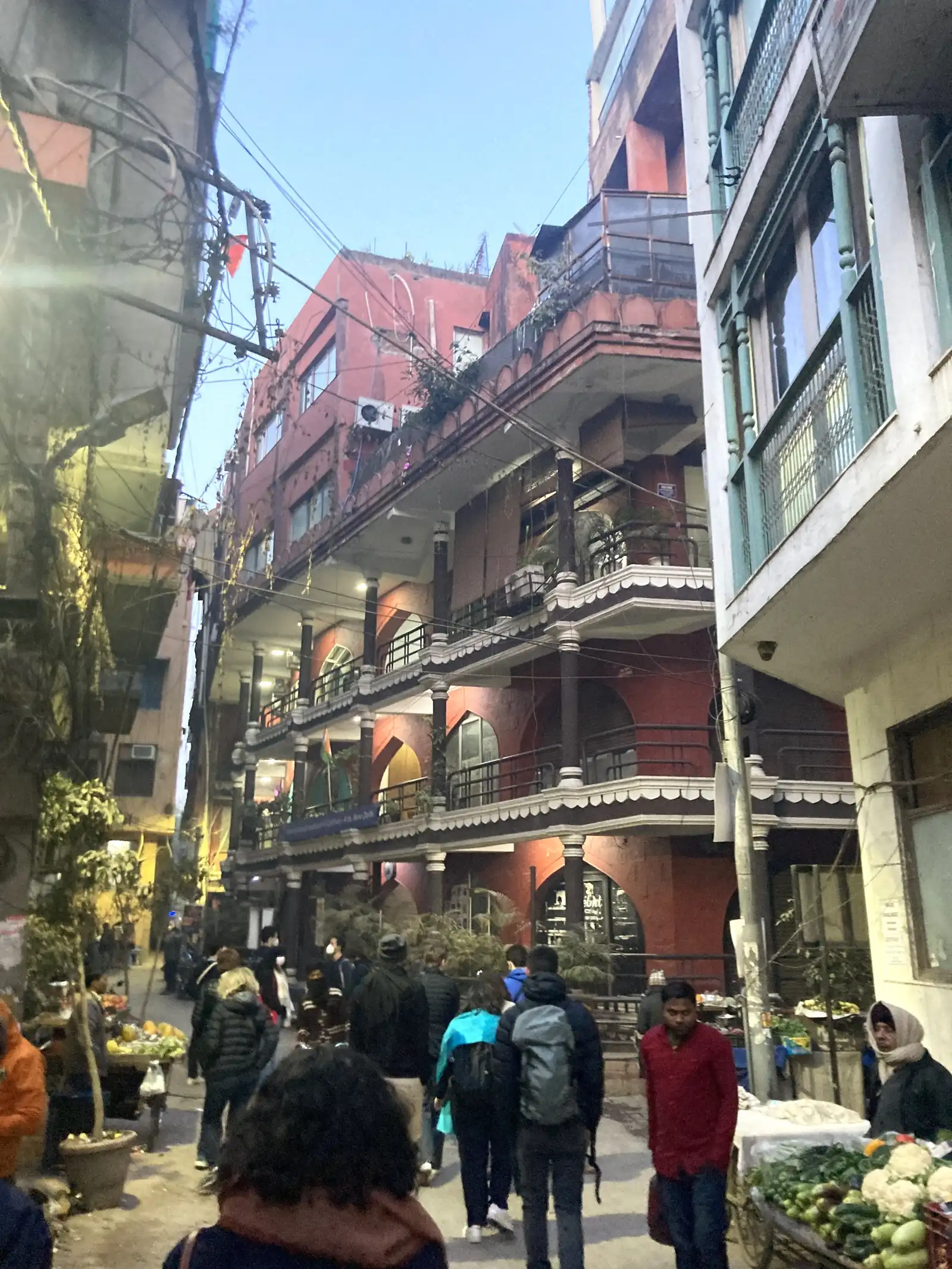
The NCT of Delhi, with its pulsating energy and rich history, stands as a mega-sized hub, home to around 16 million people. But that’s just the beginning! Delhi Metropolitan City, usually known as the Central National Capital Region, extends its embrace to satellite cities like Ghaziabad, Gurgaon, Faridabad, Noida, and New Noida. These urban siblings add another 9 million souls to the bustling tapestry of life. The third plan, born during India’s economic liberalization in the '90s, stirred both applause and critique. It aimed to empower the emerging middle class through land market development and prioritized infrastructure for the private automobile.
Yet, Delhi’s planning journey hasn’t been without its share of skeptics. Critics point to the poverty of implementation. While the plans have shaped the city’s contours, they’ve struggled to achieve their vision of internal spatial harmony. Only 24% of Delhi’s population resides in meticulously planned settlements. As Delhi evolves, it grapples with the delicate dance between urbanization and development changes over the last years, mostly related to the rapid population growth. Its per capita income attracts individuals from across the country. The boundaries of Delhi expanded in all directions, with challenges related to adequate infrastructure (roads, sewage, utilities, public services), affordable and sustainable housing, traffic congestion and public transportation expansion, migration from nearby agricultural regions, environmental transition, and air pollution reduction. Metropolitan governance faces complexities due to competing interests, historical heritage preservation, informal settlements, urban sprawl, and water and sanitation issues. improving governance capacity and metropolitan policy-making.
Insights from our student
Testimonial of one of the GLM’s students, Jun-Rong Lin, editor of the study trip report :
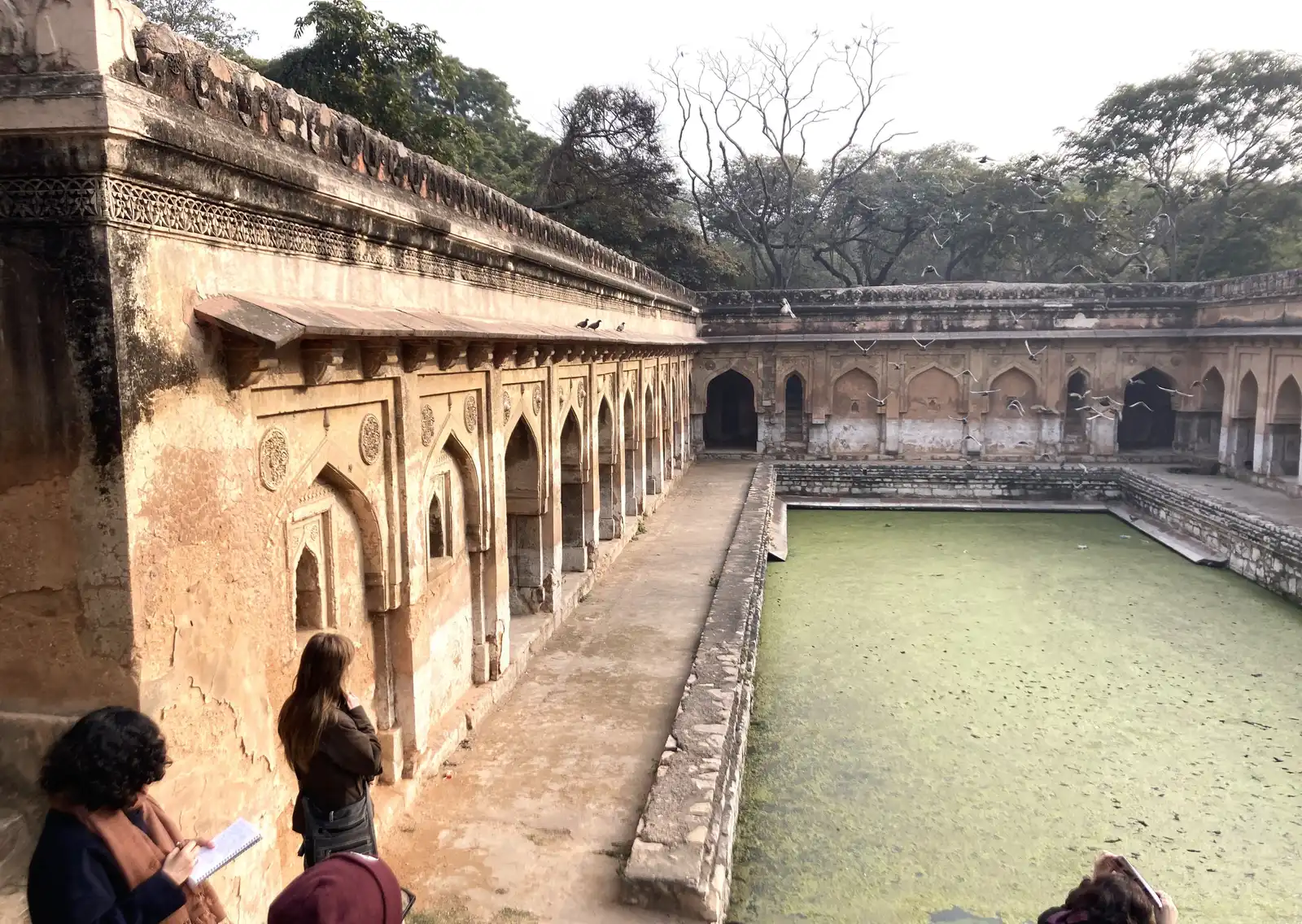
"In the streets of New Delhi, we saw the pulse of a city within a country of 1.4 billion people. With every turn of the corner, there is another microcosm within the heterogeneous urban scape.
Upon the one-week study trip for the Urban School GLM master, we were brought to the cramped commercial streets of Chandni Chowk, trekked the historical hills of Merhauli, sat in conference rooms of the National Institute of Urban Affairs and had many other mind-boggling experiences.
The one week of observations showed us the metamorphosis of the constantly shifting city. Upon being amazed by the diversity in land use and the clustering of complex urban societies, the experience served as a call to awareness of how different levels of actors are all shaping the same urban ecology they call home.
In a sense, each individual carries a personal utopia which they envision as a land of calamity amid all the vibrations of the city—syncing together finally to create the most upheaval symphony of urban bustle.
We would like to thank the Sciences Po team for who accompanied us for this adventure and who were behind the scenes working around the clock for ensuring the utmost smooth-running of the trip. Without them, the Master’s students of Governing the Large Metropolis wouldn’t have had an invaluable learning experience for looking into the past, present, and future of urban planning".
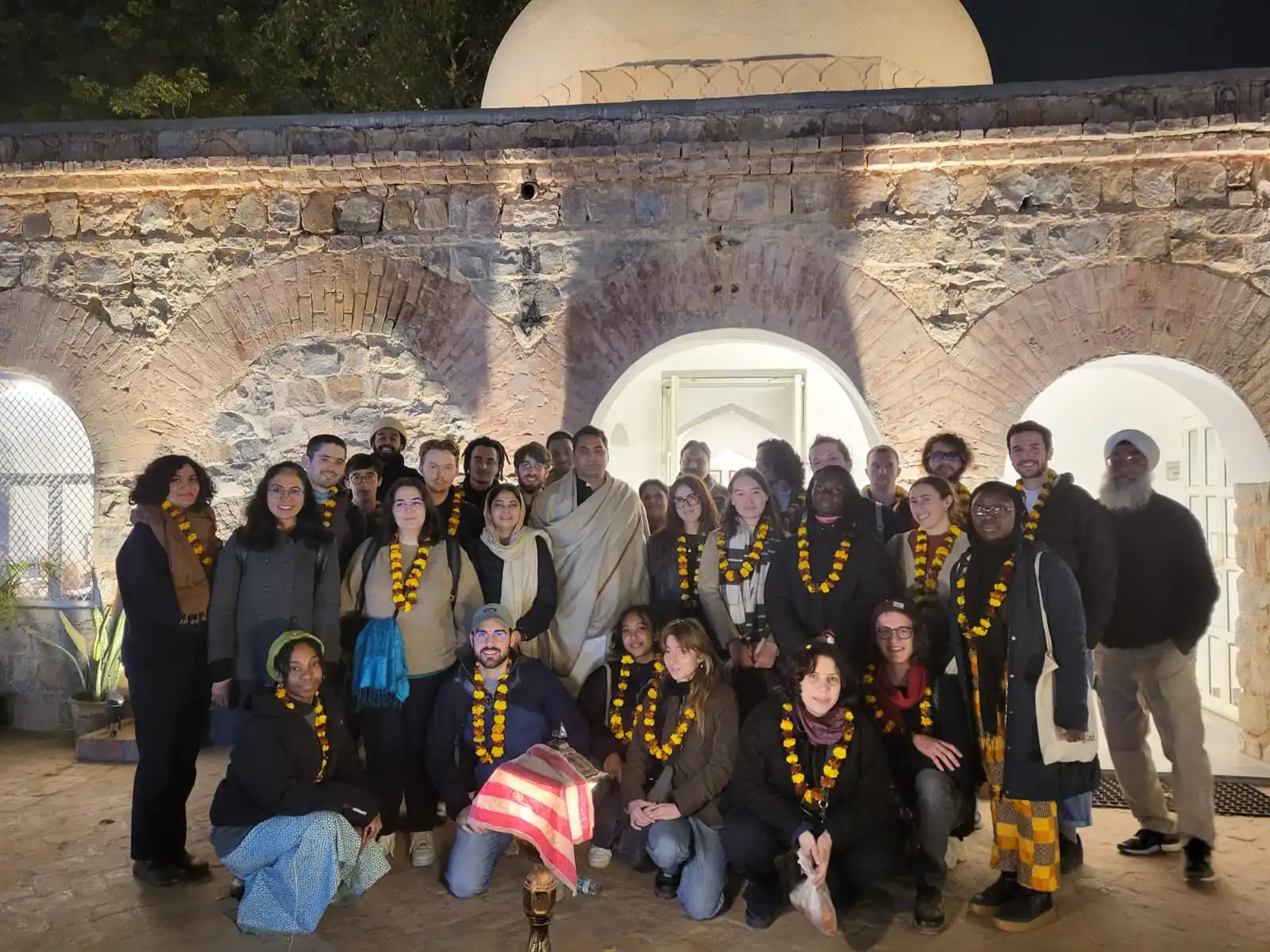
Virtual Graduate Open House day, October 2025
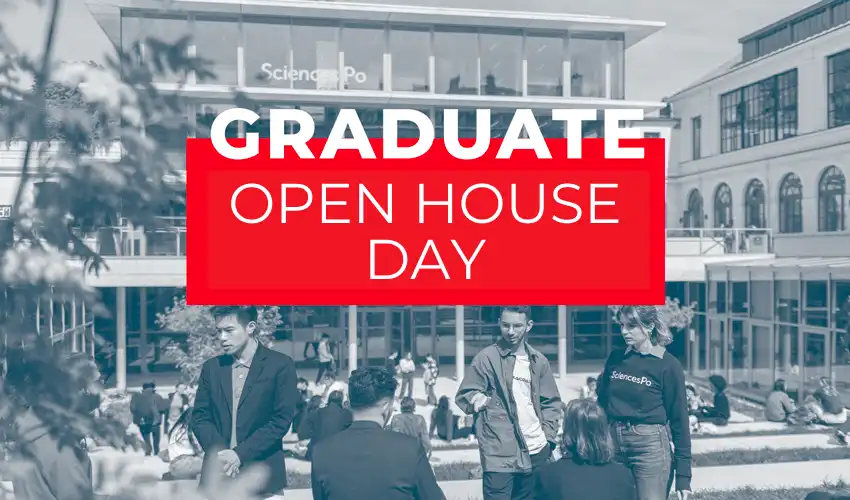
On 18 October 2025: meet faculty members, students and representatives and learn more about our 30 Master's programmes.